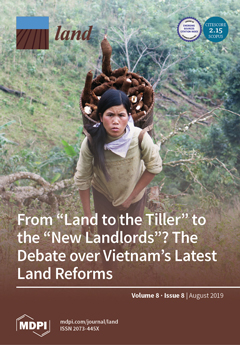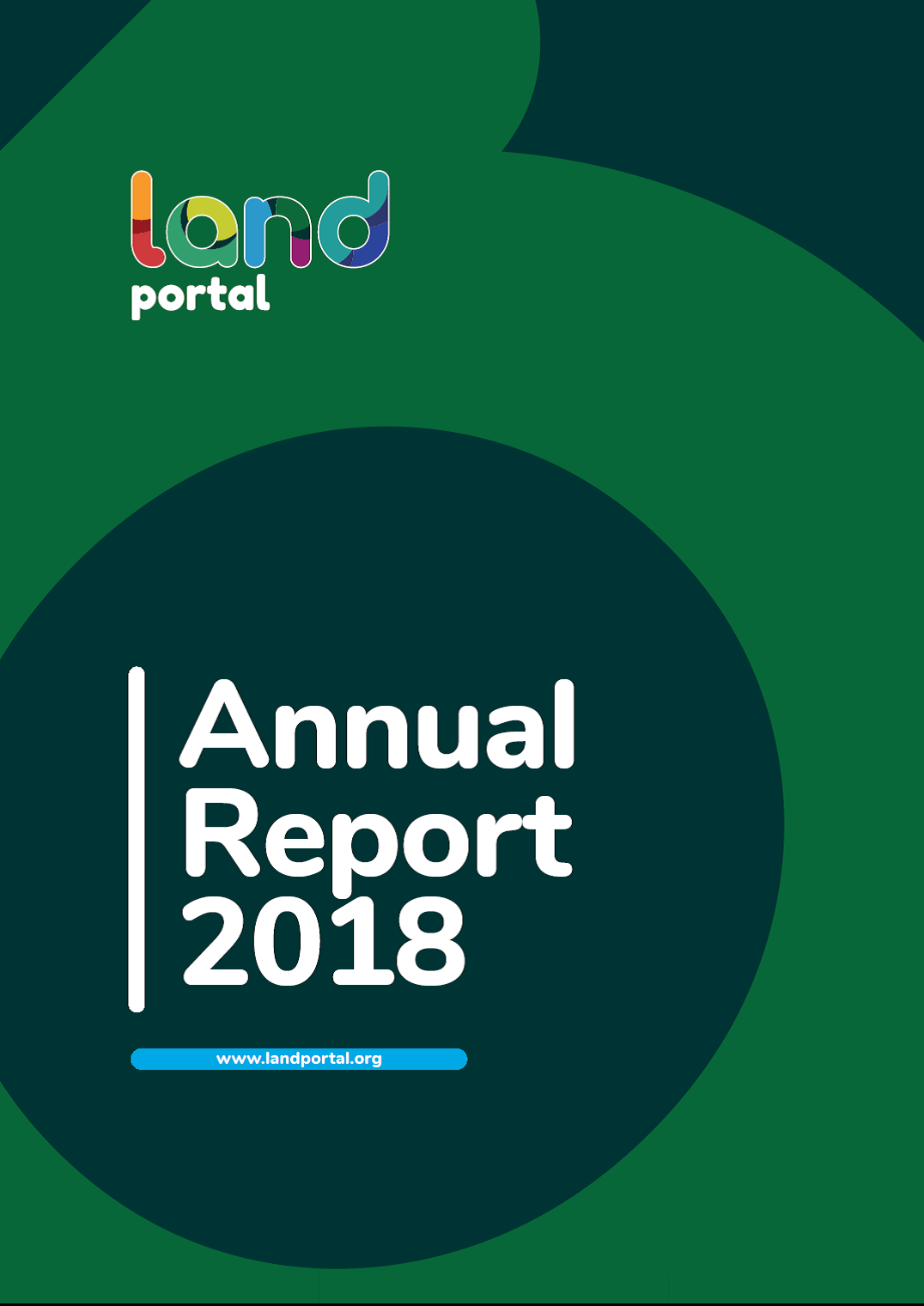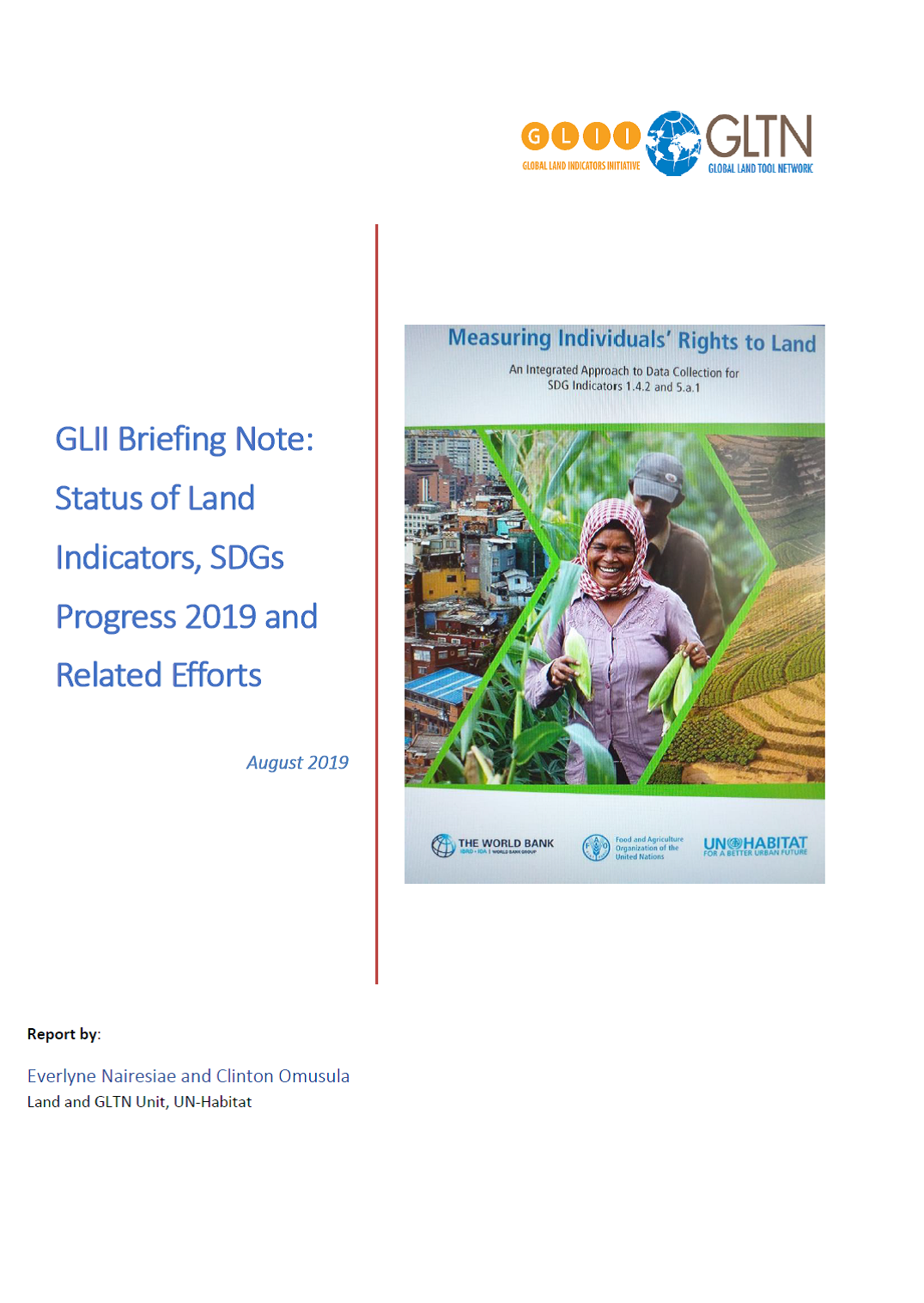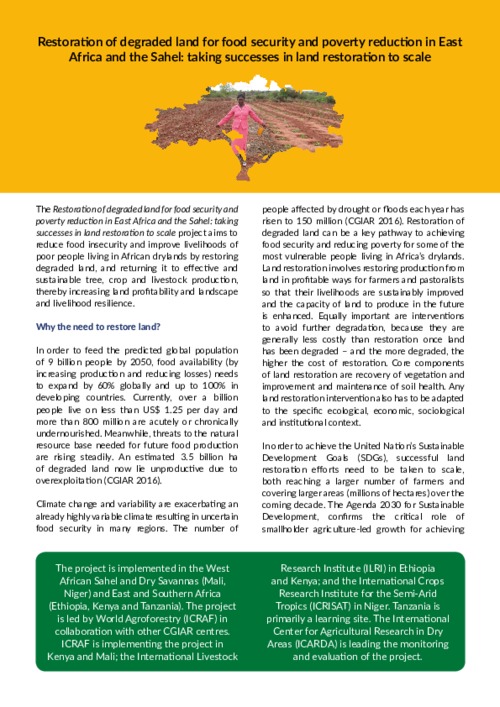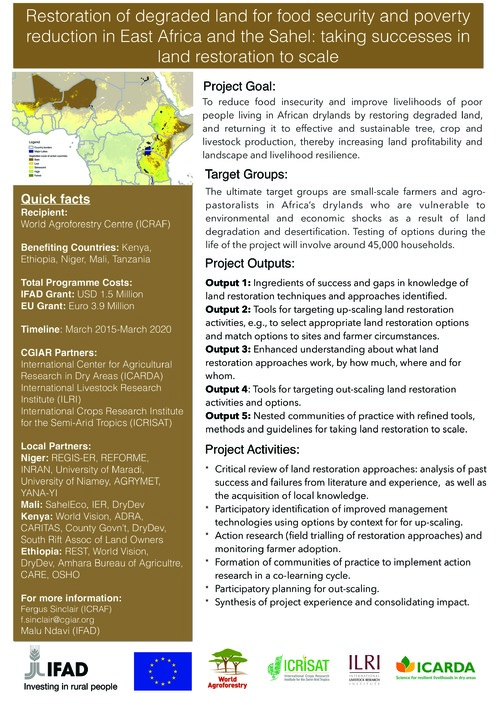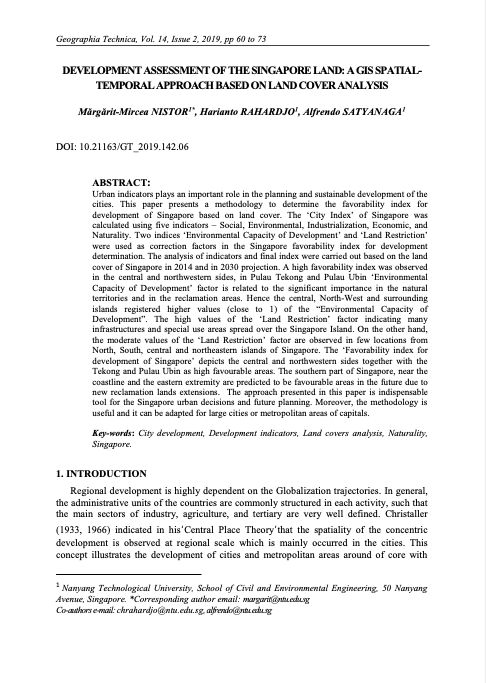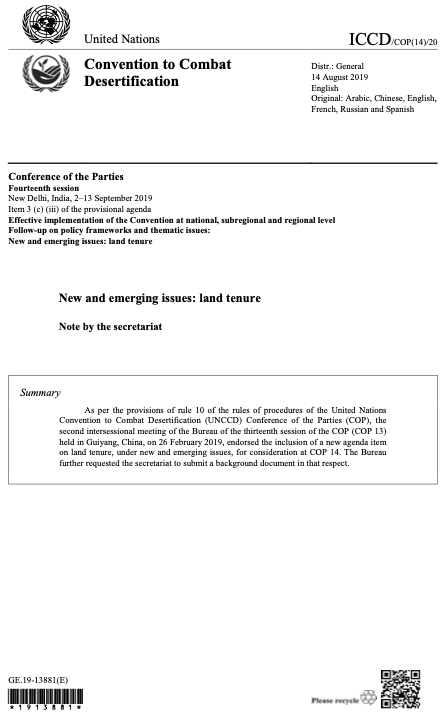Land of Plenty, Land of Misery: Synergetic Resource Grabbing in Mozambique
Global climate change policy enforcement has become the new driving force of resource grabbing in the context of the “scramble of resources” in Africa. Nevertheless, the environmental crisis should not be seen as an isolated phenomenon amid contemporary capitalism. On the contrary, a very distinct feature of the current wave of land grabs is the convergence of multiple crises, including food, energy/fuel, environmental, and financial. The Southern Mozambique District, Massingir, is an area with high potential regarding water sources and biodiversity.

